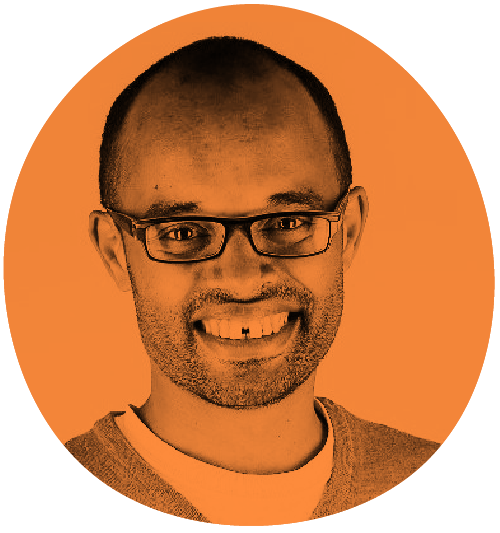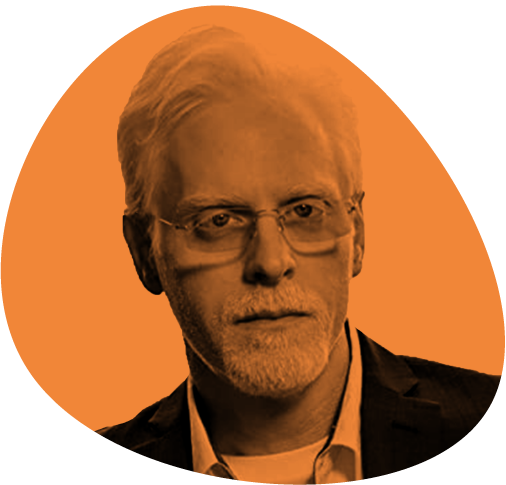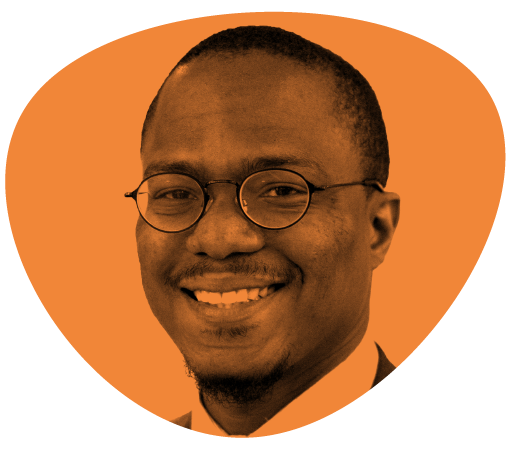
Join the world’s only 100% free, 100% virtual summit on the ever-changing relationship between people and technology.



This year’s theme
People & Tech:The Age of Empathy
When people interact with technology, empathy often evaporates.
But emerging technologies are changing convention. Right now, innovative new technologies are stoking the embers of human empathy to connect us, to unite us and to unleash the advantages that lie hidden in our differences.
In 2022, we have the chance to choose our path.
Will we polarise? Or will we come together?
The future begins now. The conversation is happening now. Be part of it now.
PeepSec 2022.
How has technology changed our capacity for empathy?
Are today’s algorithms shrinking our perspectives?
Will the metaverse change how we feel about our opposites?
How can we make platforms more inclusive?
How can we make tech more diverse?
How do we maintain cyber security as innovation increases?
Will new technologies unite us… or tear us apart?
Speakers
Day 1:

Tom Adeyoola
Entrepreneur

Juliet Okafor
Security Culture Curator, CEO & Founder, RevolutionCyber

Sarah Janes
Owner & Managing Director, Layer 8

Kevin Lewis
Senior Developer Advocate at Deepgram & Director of You Got This!
Day 2:

Jeff Wellstead
CEO & Founder, Big Bear Partners

Masha Arbisman
Engineering Manager, Robinhood Financial

Mitchell Goldman
Co-founder & COO, Volta XR

Tanya Powell
Co-CTO, Coding Black Females
Day 3:

Stephanie Itimi
CEO & Founder, Seidea CIC

Dr Phil Morgan
Professor in Human Factors and Cognitive Science, Cardiff University

Ade Clewlow
Senior Advisor, NCC Group

Zoe Edmeades
Co-owner and Managing Director, The Security Company
Day 4:

Craig Thomson
Security Training & Awareness Manager, Mastercard

Ceri Jones
Head of Security Awareness & Community, the LEGO Group

Benjamin Oghene
Founder, The Cozm

Jessica Cregg
Developer Advocate, LaunchDarkly
Day 5:

Perry Carpenter
Chief Evangelist and Strategy Officer, KnowBe4

Dr Jason Nurse
Associate Professor in Cyber Security, University of Kent

Shaketa Welch
Security Culture and Awareness Analyst, Tide

Lyndsey Scott
Senior Software Engineer, Beamery
Topics we’ll explore:
People, technology, empathy and their interdependence
Seeing beyond our differences
The benefits of diversity both in tech and beyond
Technology, productivity and hybrid working
Amplifying innovation
Using technology to be the best versions of us
Building the metaverse for future generations
Making security accessible and human
The future of cyber security
and much, much more.














